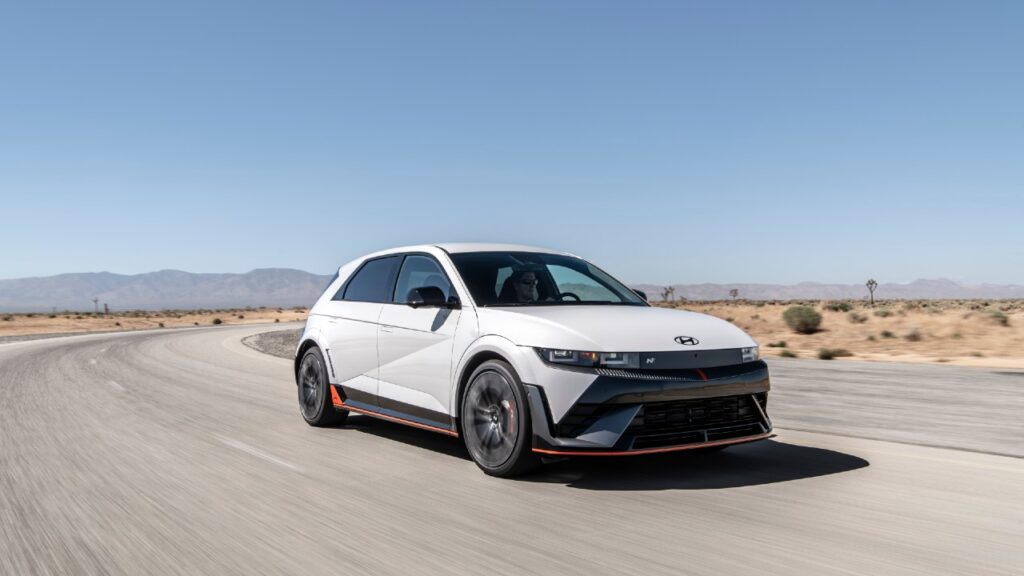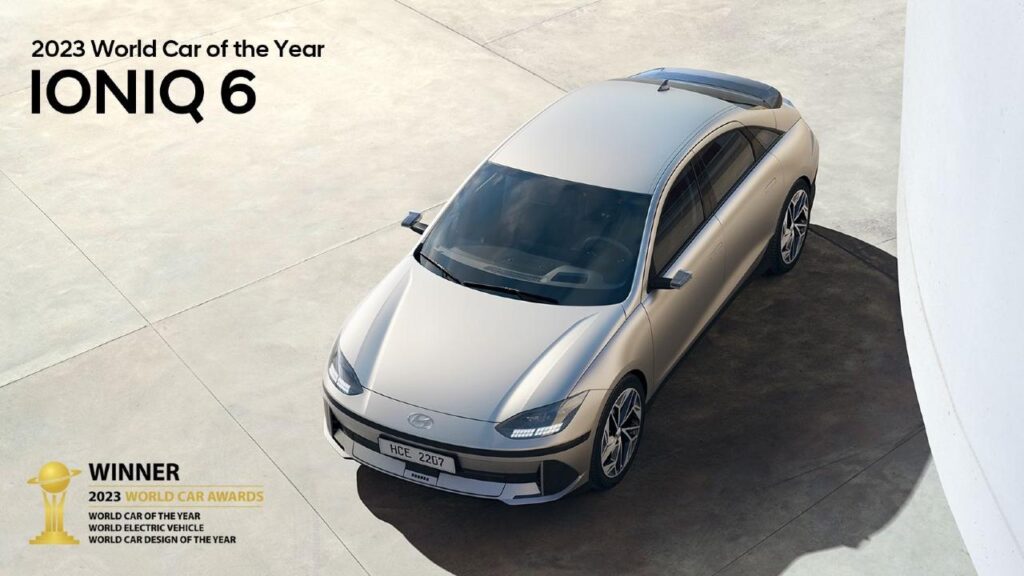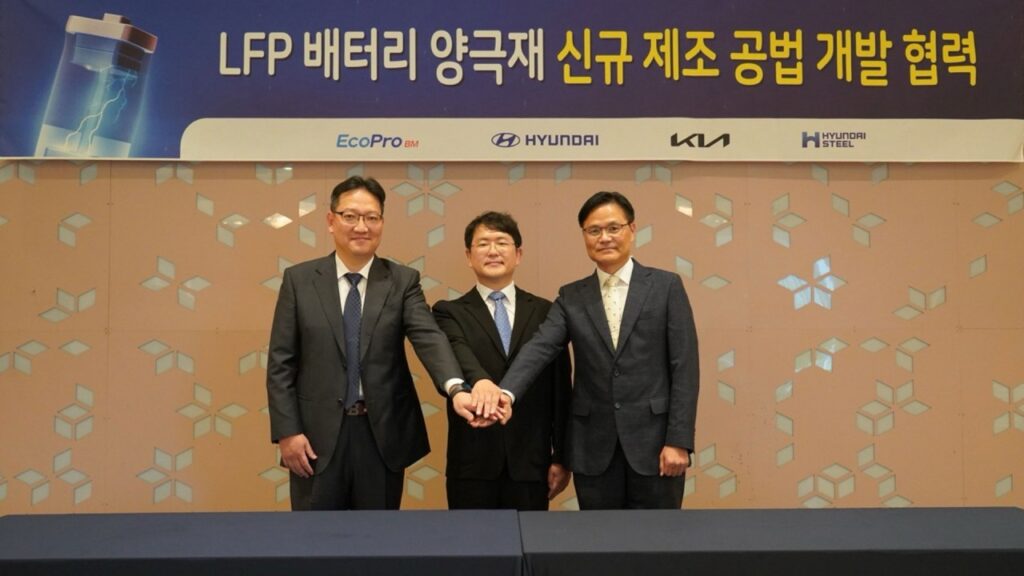The Korean auto giant has teamed up with domestic giants to achieve this ambitious goal
Hyundai is on track to develop an LFP battery with an energy density of an impressive 300 Wh/kg by 2025. In fact, the latest press release from Hyundai mentions that it (along with Kia) has teamed up with Hyundai Steel and EcoPro BM to enhance EV battery technology. The aim of this particular collaboration is to develop lithium iron phosphate (LFP) battery cathode material manufacturing technology in Korea. This will reduce the dependence on Chinese players like BYD and CATL.

You might also like: Waymo To Partner With Hyundai To Deploy Ioniq 5 As New Robo Taxi
Hyundai Plans LFP Battery By 2025
This project even aims to improve cathode material performance, enabling low-temperature charging/discharging performance and fast charging technology. At present, Chinese LFP batteries have 200 Wh/kg of energy density. The Korean auto giant wants to improve that considerably. This will not only make their future EVs significantly more efficient but also reduce dependency on China. We know that the West has announced astronomical tariffs on EVs or EV components made in China. Hence, every car marque ideally wants to cut ties with Chinese EV components.
The new LFP batteries will be installed on cost-effective EVs. These offer advantages of NMC batteries like lower cost and higher stability and safety. The name of the project with Hyundai Steel and EcoPro BM is “LFP Battery Cathode Active Material Direct Synthesis and Battery Technology Development”. The former will develop fine iron powder processing technology using recycled iron, while the latter will utilize this iron powder to develop Lithium Iron Phosphate cathode materials.
As per the “Hyundai Way” strategy announced during the CEO Investor Day 2024 in August this year, the Korean car marque showcased its mid-to-long-term plans to increase the capacity of in-house LFP, NCM batteries, and next-generation solid-state batteries by more than 20% by 2030. In fact, a colossal investment of $7.3 billion was announced towards this approach over the next 10 years. This will invariably result in shifting reliance away from Chinese players. Last year, Hyundai confirmed that it was working with domestic battery makers like LG Energy Solution, Samsung SDI and SK On.

You might also like: Updated 2025 Hyundai Ioniq 5 N Launched In Korea – What All’s New?
Learn Electric Cars Says
In the EV era, having in-house battery technology is becoming more and more important. China is a major player when it comes to supplying EV components across the globe. The U.S. and Europe have imposed heavy tariffs on Chinese-made EVs and EV components. Since most car companies use Chinese batteries, if not more components, they are facing a tough situation. Hyundai is working to avoid that situation by developing and controlling its EV battery technology. I am certain that more car companies will follow this approach.


Pingback: Futuristic Hyundai EVs To Get Holographic Windshield Display